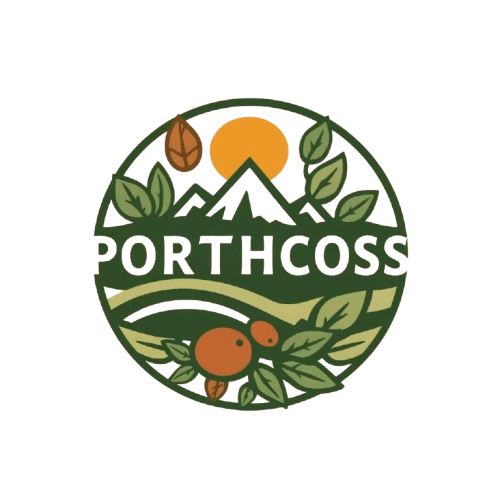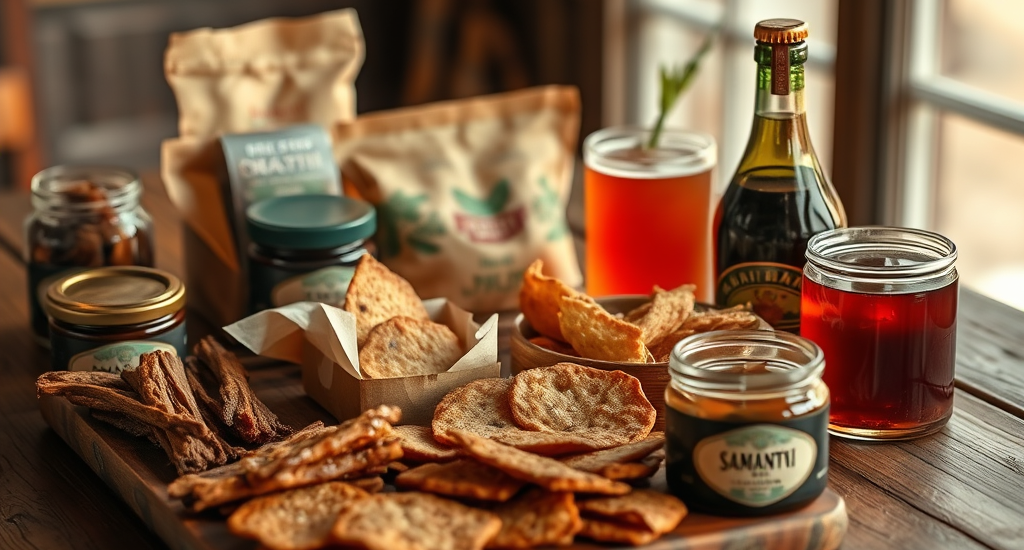Introduction
In recent years, the sales of Zimbabwean food and drink products within the diaspora have witnessed a remarkable rise. This trend not only highlights the rich culinary heritage of Zimbabwe but also reflects the growing demand for authentic and culturally significant food items among Zimbabweans living abroad. This article explores the factors driving this growth and the specific food and drink products that are gaining popularity.
The Diaspora Connection
Zimbabwe has a substantial diaspora, particularly in countries such as the United Kingdom, the United States, Australia, and South Africa. Many Zimbabweans abroad are eager to reconnect with their cultural roots through food. This connection has led to a burgeoning market for authentic Zimbabwean food and drink products, providing a vital link to home.
Traditional Food Products
1. Biltong
Biltong, a dried and cured meat snack, is a beloved traditional delicacy in Zimbabwe. Its rich flavor and protein content make it a popular choice among Zimbabweans in the diaspora. Many producers have taken to exporting biltong, ensuring its availability to those longing for a taste of home.
2. Maputi
Maputi, or popped maize, is a popular snack in Zimbabwe. Often flavored with salt or spices, it serves as a nostalgic treat for many Zimbabweans. The diaspora market has embraced maputi, with several brands packaging and distributing this traditional snack to international consumers.
3. Traditional Spices
Spices such as curry powder, paprika, and roasted ground nuts are staples in Zimbabwean cooking. Diaspora members often seek these authentic flavors to recreate traditional dishes, leading to increased demand for packaged spices and seasoning blends.
Contemporary Food Products
1. Artisanal Jams and Sauces
Zimbabwean artisans are increasingly producing jams, sauces, and condiments using locally sourced ingredients. These products often feature unique flavors inspired by traditional recipes, appealing to a broader audience while maintaining cultural relevance. Diaspora consumers appreciate the quality and authenticity of these artisanal offerings.
2. Health Foods
The global trend towards health-conscious eating has led to a rise in demand for Zimbabwean superfoods like baobab powder and moringa. These nutrient-rich ingredients are being incorporated into various health food products, such as smoothies and energy bars, attracting both Zimbabweans and international consumers.
3. Craft Beverages
Local beverages, including craft beers and herbal teas, are gaining traction in the diaspora market. Zimbabwean brands are beginning to export these unique drinks, which appeal not only to Zimbabweans but also to a wider audience interested in novel flavors and authentic experiences.
E-commerce and Social Media
The growth of e-commerce and social media has significantly enhanced the visibility and availability of Zimbabwean food and drink products. Many businesses have established online platforms to reach customers in the diaspora, allowing for convenient access to traditional favorites. Social media serves as a powerful marketing tool, showcasing recipes, cooking tips, and the cultural significance of various products.
Challenges and Opportunities
Despite the growth potential, challenges remain. High shipping costs, regulatory hurdles, and competition from other food products can hinder market access. However, the strong demand for authentic Zimbabwean food and drink products presents a unique opportunity for entrepreneurs to innovate and expand their reach.
Conclusion
The rise of food and drink sales from Zimbabwe’s diaspora highlights the enduring connection between culture and cuisine. As Zimbabweans abroad seek to reconnect with their heritage, traditional and contemporary food products offer a meaningful way to do so. With continued support from the diaspora and the growth of e-commerce, the future of Zimbabwean food and drink in international markets looks bright.


